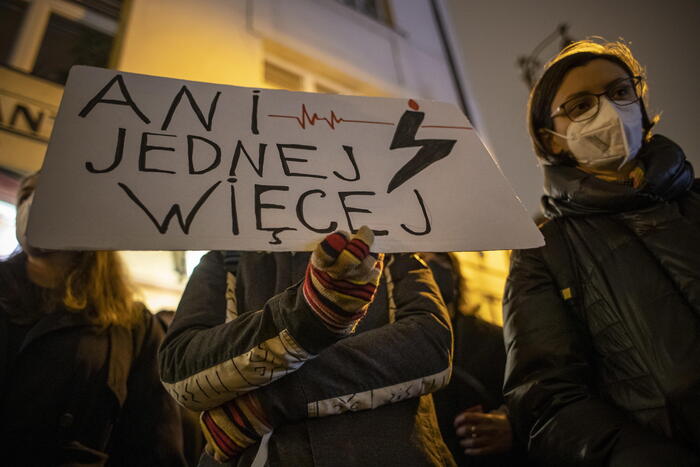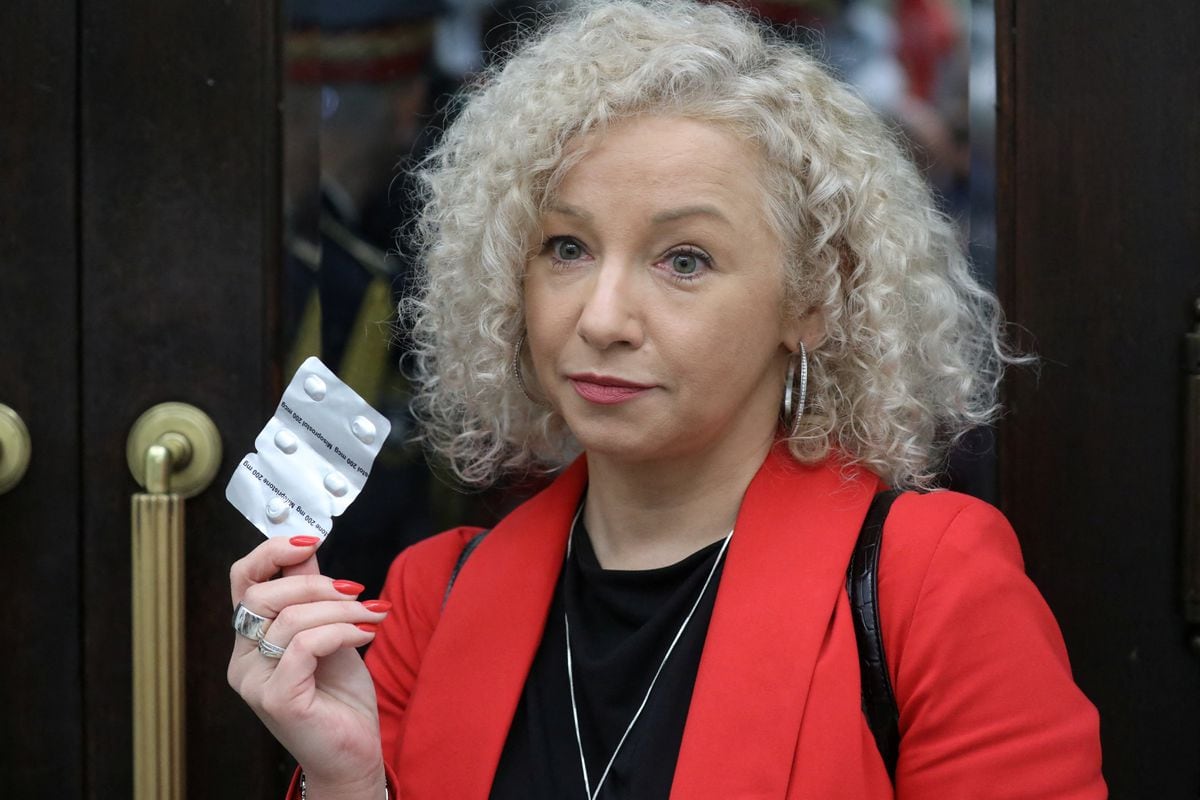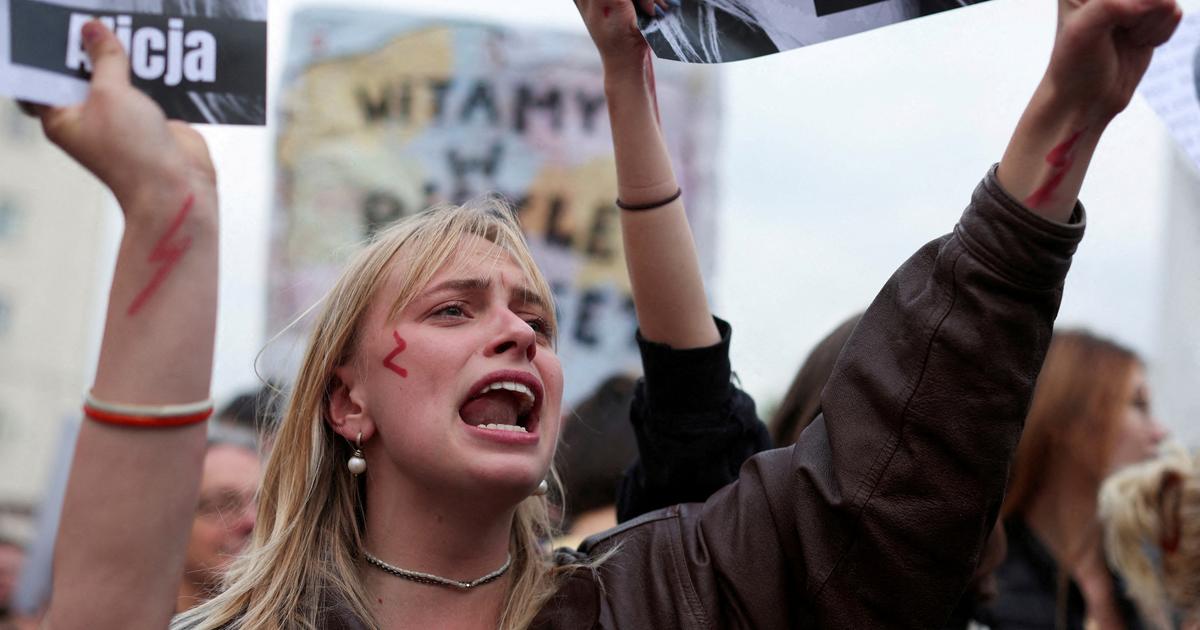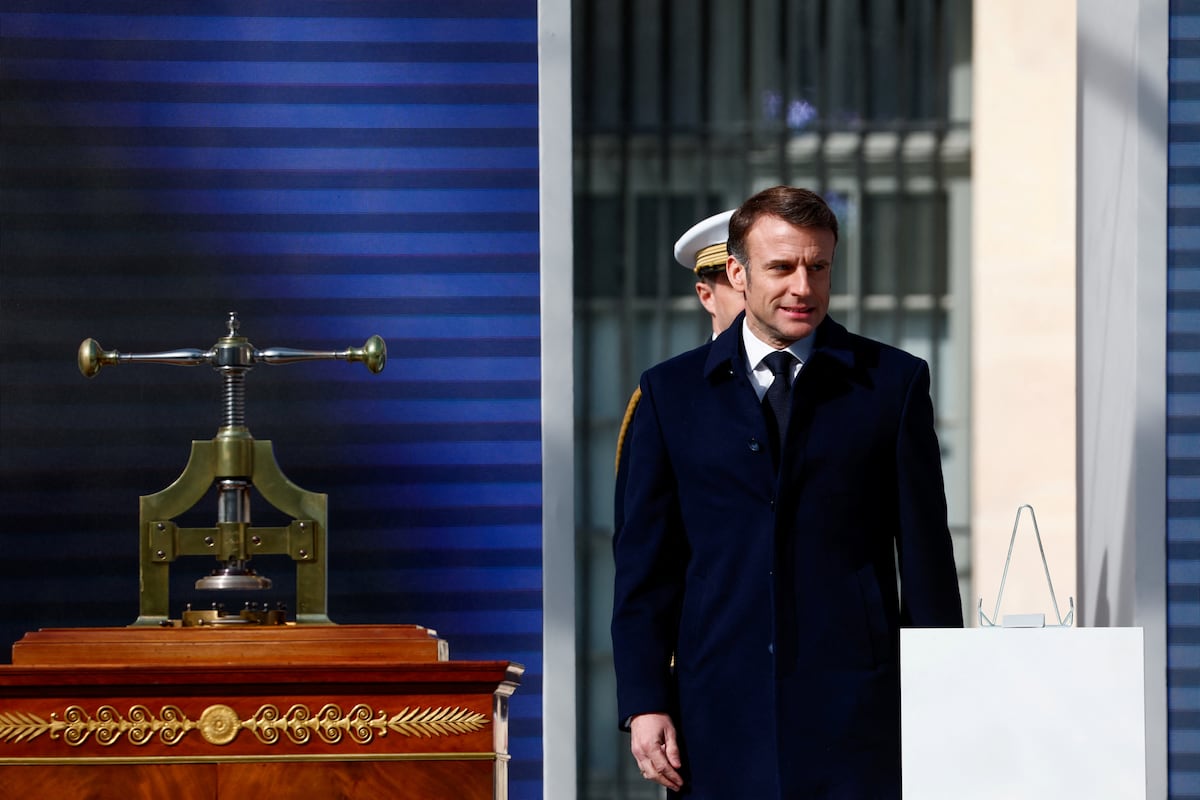Concentration "free abortion and sexual education, a global cry" in the Plaza of the Reina Sofía Museum in Madrid, on September 28. Olmo Calvo
The Constitutional Court intends to pass a ruling on the abortion law and definitively resolve all pending appeals related to the Catalan independence process over the next quarter. Whether it is able to issue a ruling on the rule for the voluntary interruption of pregnancy within that period depends to a large extent on the draft delivered by the rapporteur on the matter, Judge Enrique Arnaldo. As a starting point, the court has set itself the intention that the ruling on the abortion law does not imply a radical change or a reversal in relation to the deadline law in force for almost twelve years.
Any proposal that differs from this philosophy will mean that the possibility of postponing again any decision on the Law of Sexual and Reproductive Health, and the Voluntary Interruption of Pregnancy, approved in June 2010 by the Government of José Luis Rodríguez Zapatero, is analyzed. The new postponement would have the purpose of leaving the appeal in the hands of the next court, which, if renewed next June, as legally envisaged, would from then on have a progressive majority.
The rapporteur for the sentence, magistrate Enrique Arnaldo, chosen at the proposal of the PP, has been working on this matter since last November 19 he assumed the cases that until then had been in the hands of the magistrate and former popular deputy Andrés Ollero. The previous president of the Constitutional Court, Juan José González Rivas, had commissioned Ollero to take his draft resolution to the plenary session this January. As the new speaker, Arnaldo, you will need some more time. But the Constitutional Court is expected to have a text ready before Easter. The current president himself, Pedro González-Trevijano, said on December 7 in statements to the SER that an attempt would be made to approve the abortion sentence "in a few months."
All this after the renewal of the court, agreed between the Government and the PP last November, reopened a parenthesis. Five months earlier, former PP deputies denounced the delay of the sentence before the European Court of Human Rights (ECHR). In parallel, the Christian Lawyers Association also filed a complaint for "malicious delay" against Ollero and the last three presidents of the Constitutional Court, an initiative that the Supreme Court rejected outright.
Now the Constitutional majority is still conservative, at this time by six votes to five, since it is still unknown when Magistrate Alfredo Montoya, appointed in 2017 at the proposal of the Popular Party, could rejoin. Given the current composition of the court of guarantees, it seems unlikely that the consensus operation sought will prosper. But the magistrates are well aware of the effects that a reversal in the regulation of the right to voluntary interruption of pregnancy would have.
Sources from the court itself obviously defend the independence of the magistrates, but admit that it would not be desirable for this stage of the Constitutional Court to go down in history as the one that once again brought thousands of people to the streets in defense of the current deadline law. Along with this, the objective data that the PP, the very party that appealed the rule, then resigned to change it in coherence with its appeal as much as it had the opportunity to do so during its mandate between 2011 and 2018 weighs a lot. this legislation to establish the obligation of parental permission for young women of 16 and 17 years who want to have an abortion.
The same sources admit that the rapporteur for the judgment is aware of these circumstances and they assume that he will take them into account.
They also cite that the presentation offers Arnaldo a certain possibility to regain authority and internal credibility after the controversy over his appointment.
A different question is whether, in parallel, the new rapporteur will actually now have greater facility than his predecessor to articulate a broad consensus on all the pronouncements of the ruling.
In this sense, Ollero said in statements to EL PAÍS after resigning as magistrate that in the previous court - where the conservative majority had eight components, compared to four from the progressive sector - he found that there were "several different positions" on the abortion law , which apparently made the agreement unfeasible.


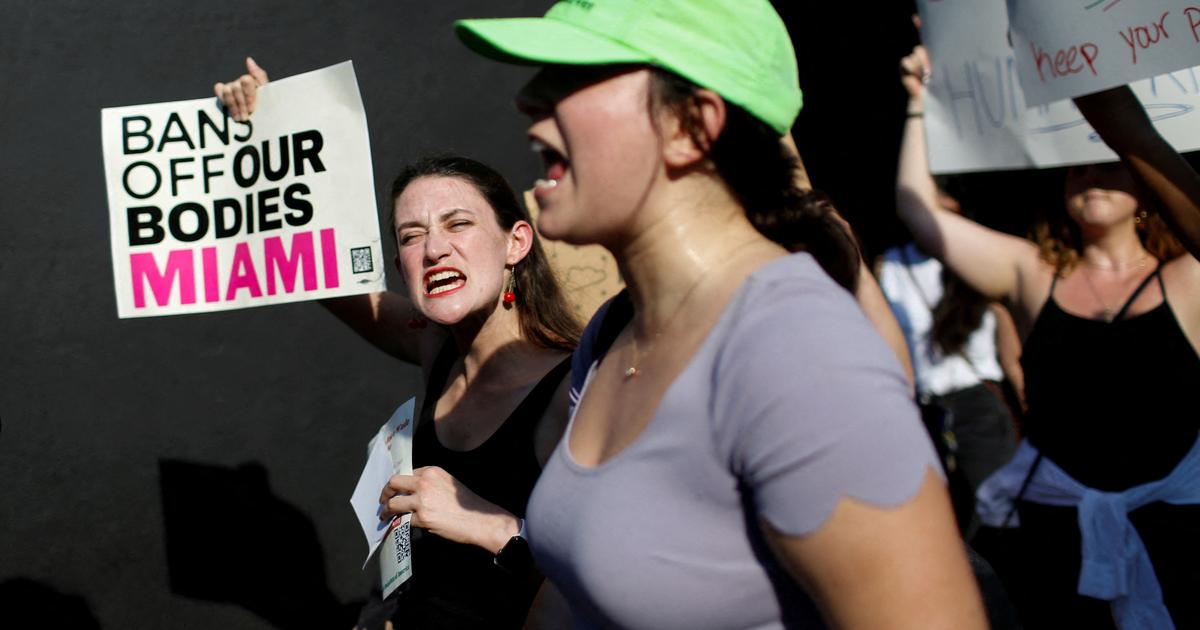
/cloudfront-eu-central-1.images.arcpublishing.com/prisa/OCS7V4Q6YKB6UMI76BXPPNGQJE.jpg)
